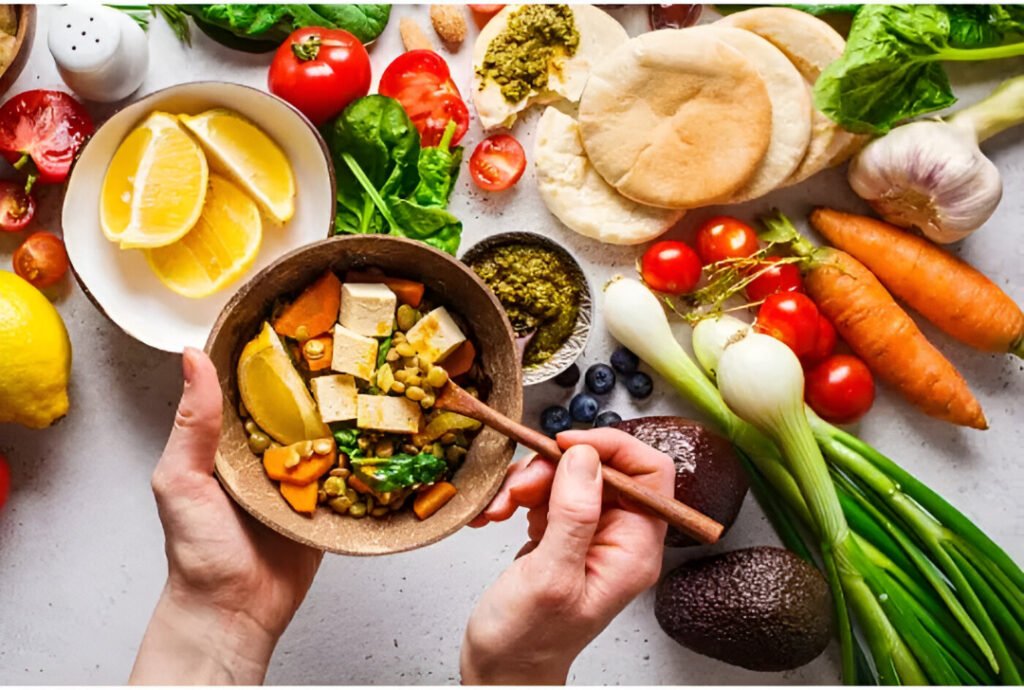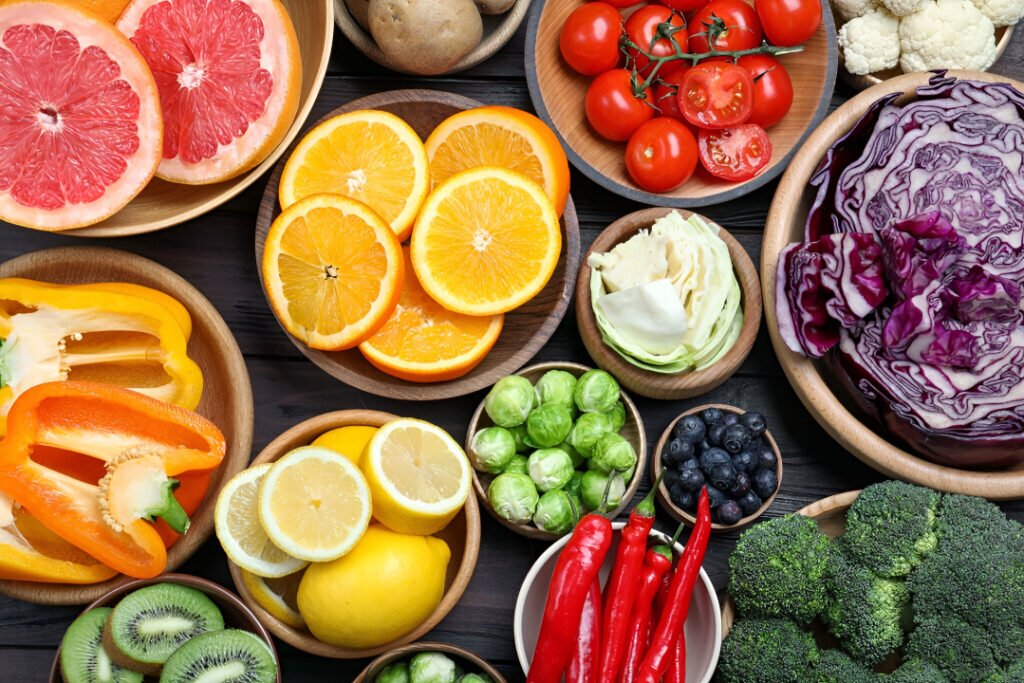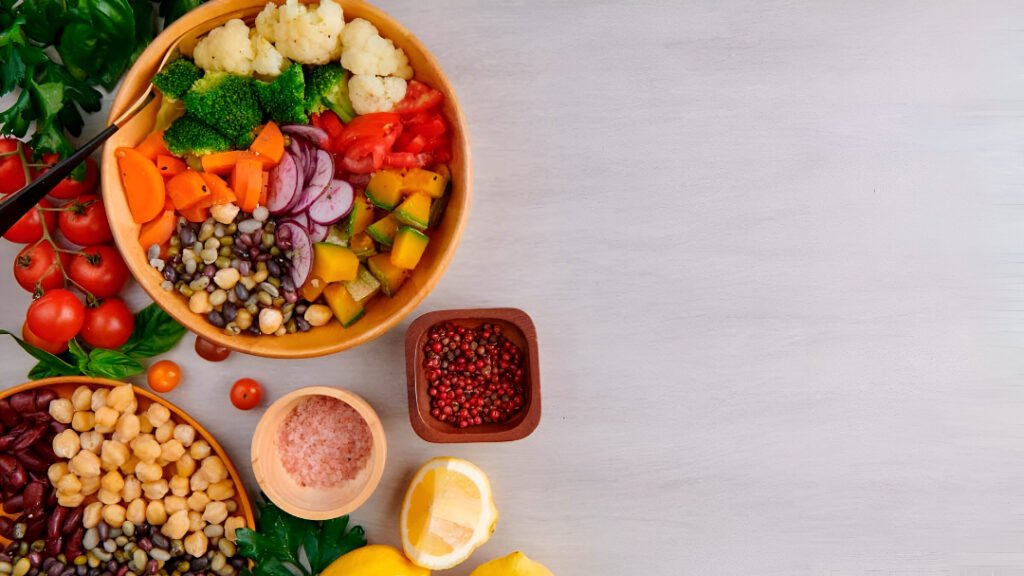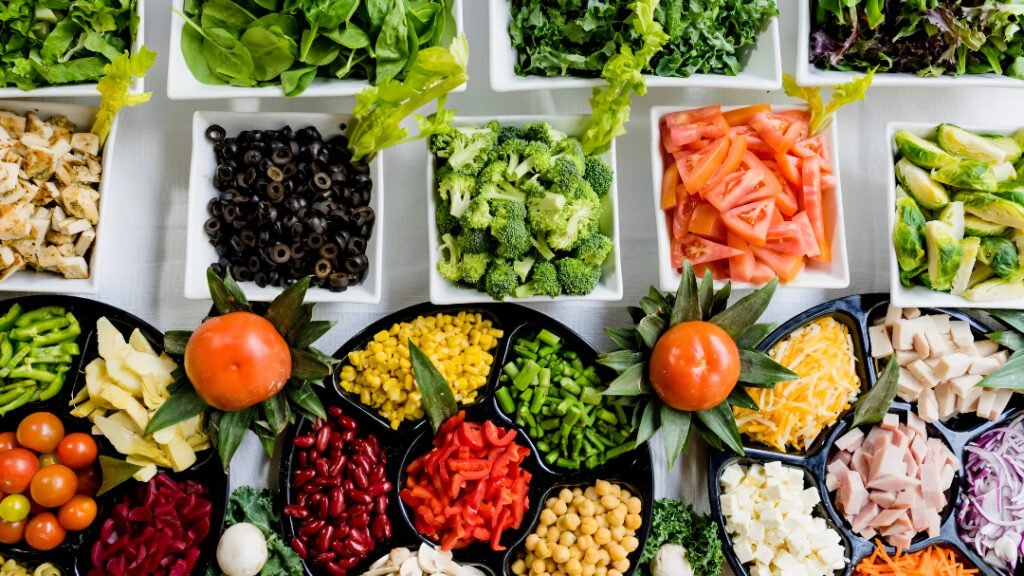
Monsoon has its own beauty: the smell of moist earth, the cool breeze after a scorching summer, and, of course, the craving to hold a hot cup of chai with pakoras. But as much as we enjoy the rains, there’s one thing that we tend to overlook: food safety. Yes, the very same beautiful weather also brings an onslaught of infections, tummy bugs, and food spoilage.
The reality is, the combination of humidity and moist environments during the monsoon provides an ideal platform for bacteria, fungi, and viruses to proliferate. And that is why your eating habits require a seasonal boost.
Why Monsoon Requires Additional Prudence

During the monsoon season, one tends to notice more cases of food poisoning, waterborne diseases, and gut distress. There are three primary offenders:
1. Humidity: It accelerates bacteria growth, making food go bad faster.
2. Dirty water: Typical in flooded or poorly maintained supply areas.
3. Power outages: These quietly ruin stored food if the refrigerator isn’t cool enough.
Throw in the popularity of dining out in this snuggle weather, and you have a recipe for a sick day.
What You Should Eat This Season
• Hot, freshly cooked meals: Food that’s just been cooked has less risk of bacteria. Steer clear of reheated leftovers that have been done several times.
• Boiled or filtered water: This is not an option. Waterborne diseases such as typhoid and jaundice are prevalent during monsoons.
• Seasonal fruits and vegetables: Opt for bananas, apples, pomegranates, and gourds such as lauki or tinda. Wash and peel fruits at all times, even if they appear clean.
• Spices and herbs: Ginger, garlic, turmeric, and tulsi are not only for taste; they actually support immunity and combat infections.
• Light, uncomplicated meals: Imagine khichdi, moong dal, soups, or idlis—food that is gentle on your stomach and does not need much oil.
• Probiotics: A bowl of curd or a glass of chaas keeps your gut healthy and digestion running smoothly.
What to Avoid Even if Tempting

• Street food: As appealing as it looks, roadside food often uses contaminated water or is kept uncovered for hours.
• Seafood: It’s best to stay away from fish during monsoon season; it’s their breeding season, and spoilage is faster.
• Pre-cut fruits or salads: The moment fruits are cut and left exposed, they attract bacteria. Always eat freshly cut produce.
• Deep-fried snacks: Limit those samosas and pakoras. They’re fine occasionally, but too much oil can slow digestion during this season.
Simple Kitchen Hygiene Tips That Make a Difference

• Wash vegetables with salt and vinegar water.
• Clean your kitchen surfaces and chopping boards regularly.
• Don’t overstuff your fridge; let the cold air circulate properly.
• Store pulses, grains, and masalas in airtight containers to keep moisture out.
• If something smells off or looks weird, just throw it out. Don’t risk it.
In conclusion
Monsoon is meant to be enjoyed curled up with a book, a warm blanket, and comforting meals. But it’s also a time to be cautious. A little bit of awareness about what you eat and how you store your food can go a long way in keeping you healthy.
So go ahead and enjoy the rains, sip your chai, but make sure what’s on your plate is clean, safe, and made with care.







